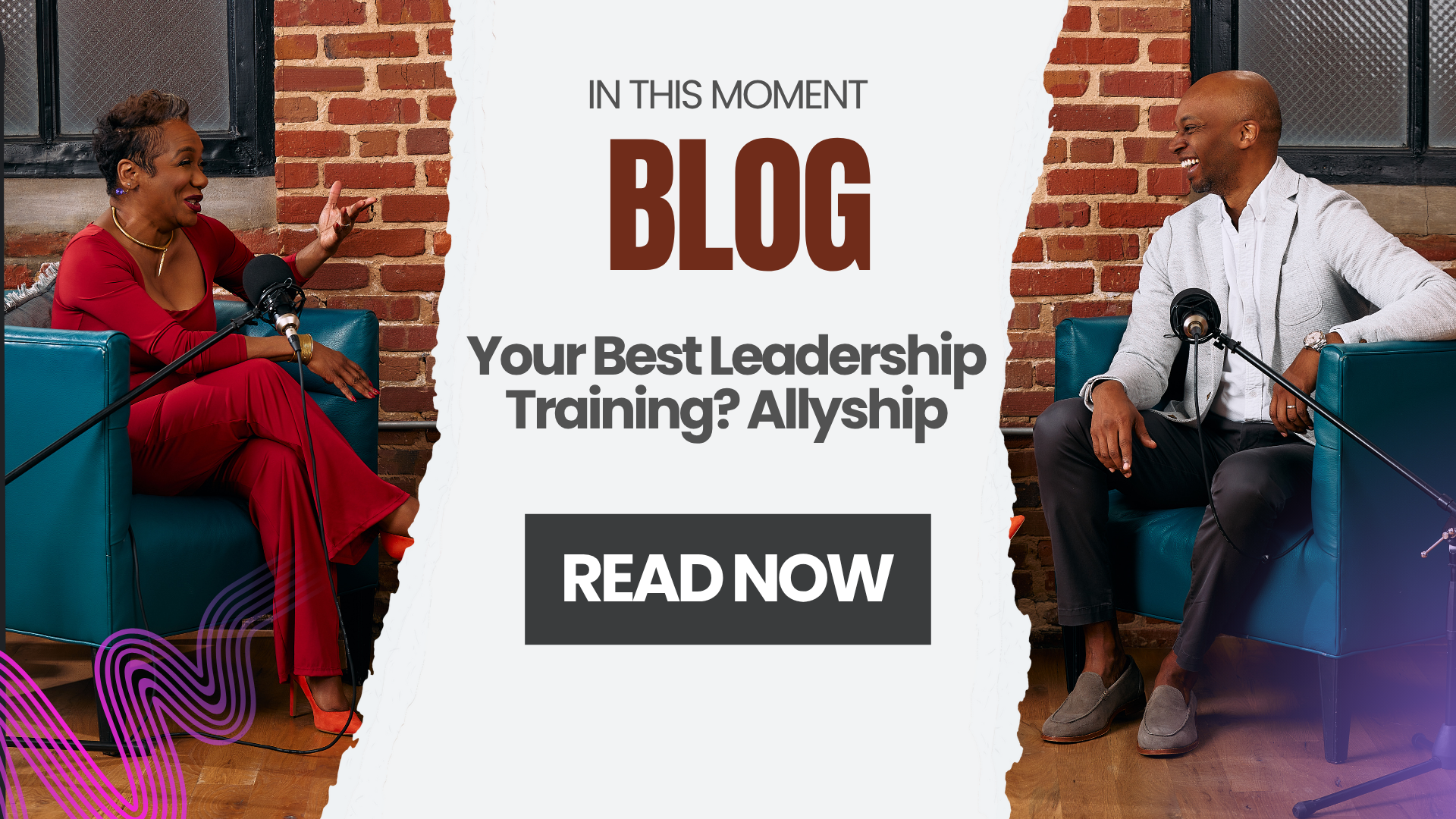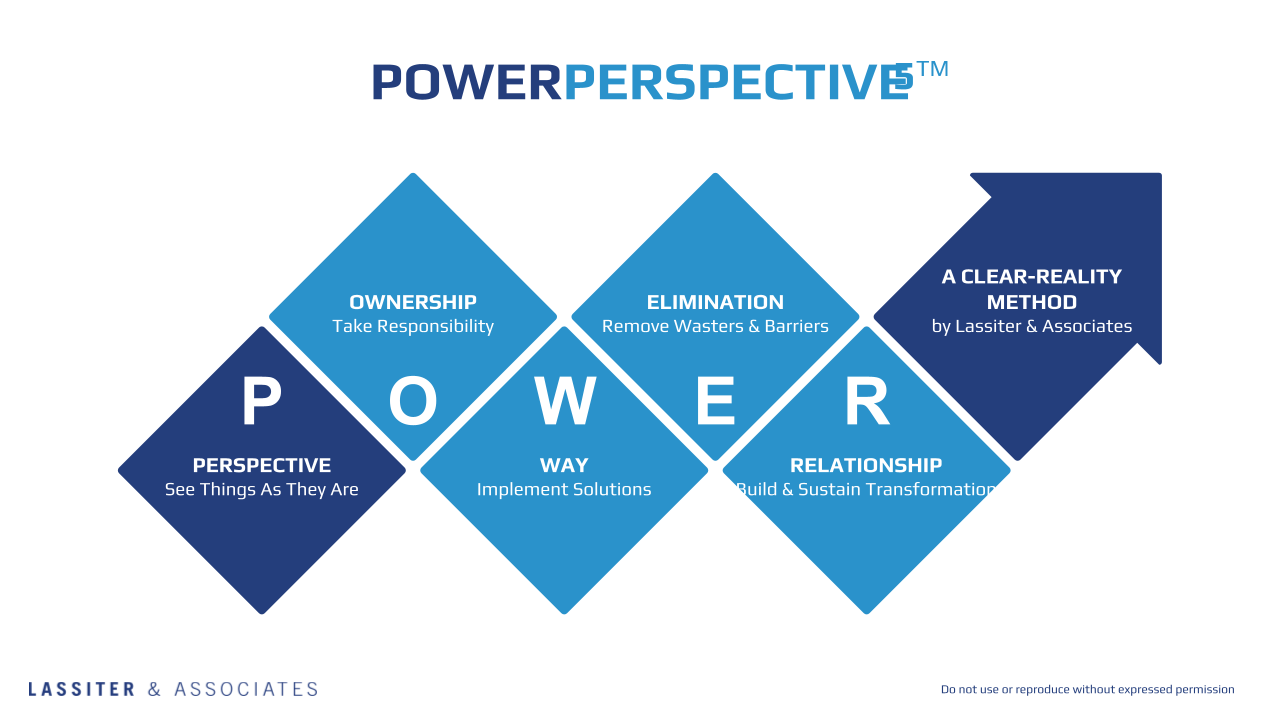Overview
This conversation delves into the complexities of Diversity, Equity, and Inclusion (DEI) efforts in the workplace, highlighting the backlash faced by those in power and the importance of engaging them in the conversation. The speakers discuss the fear surrounding DEI initiatives, the necessity of inclusion for business success, and the role of allies in fostering a supportive environment. They emphasize the need for leaders to prepare for a diverse workforce, the significance of storytelling in DEI, and the dynamics of power in allyship. Ultimately, the discussion calls for a personal commitment to allyship and the importance of understanding one’s own motivations for engaging in this work.
About Our Guest
Julie Kratz is a highly acclaimed inclusive leadership trainer, TEDx speaker, and author of seven books. As the founder of Next Pivot Point, she helps organizations develop more inclusive workplace cultures. With an MBA and certifications as a Master Coach and in unconscious bias and psychological safety, Kratz is a sought-after consultant and speaker on allyship and inclusion. Her work is dedicated to fostering diversity and equity in the workplace through practical and impactful strategies.
Key Takeaways
- People with power often feel excluded from DEI efforts.
- The fear of losing status can hinder engagement in DEI.
- Inclusion is essential for business success and talent retention.
- Invitation is more effective than exclusion in DEI initiatives.
- Storytelling can enhance the impact of DEI efforts.
- Power dynamics in the workplace are complex and often misunderstood.
- Vulnerability in leadership can foster a more inclusive environment.
- The burden of DEI work often falls on marginalized groups.
- Finding a personal ‘why’ is crucial for effective allyship.
- Complacency and avoidance are detrimental to progress in DEI.


